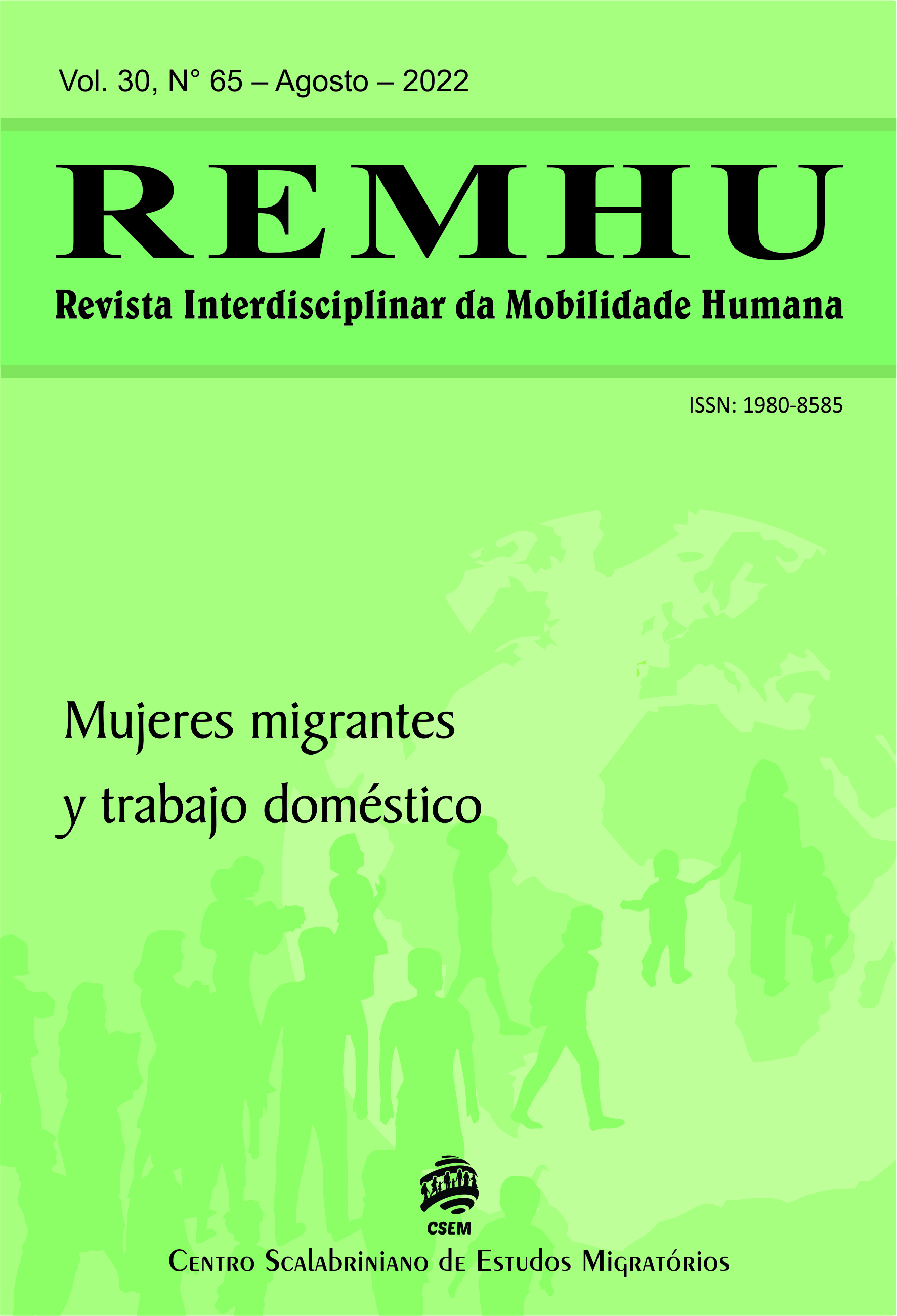Double cultural belonging
being children of luso brasilians couples in Portugal
DOI:
https://doi.org/10.1590/1980-85852503880006513Keywords:
second generations, generational transmission, cultural transmissionAbstract
The article discusses the results of a field research on generational transmission in the second generation of Brazilian immigrants in Portugal. It aims to understand the construction of the double cultural belonging of children of Portuguese-Brazilian couples in Portugal. A qualitative research was carried out in which twelve participants were interviewed. The results were analyzed according to the content analysis method, thematic-category aspect and discussed from the theoretical framework of psychoanalysis and the social sciences. We discussed the categories of double cultural belonging and ties to families of origin. We conclude that family dynamics favored biculturalism, anchored in the identification with aspects considered positive in both cultures. The bonds with families of Brazilian origin were more invested in the private sphere, as a form of protection against stigmatization.
Downloads
Published
Issue
Section
License
Copyright (c) 2022 Revista Interdisciplinar da Mobilidade Humana

This work is licensed under a Creative Commons Attribution 4.0 International License.
Authors retain the copyright and grant the journal the right of first publication, with the work simultaneously licensed under the Licença Creative Commons do tipo atribuição BY that allows the sharing of the work with recognition of authorship and initial publication in this journal.
Authors are permitted to to self-archive their published manuscripts by posting them in personal blogs, institutional repositories and scientific social media, as well as on their personal social media, as long as the full citation of the original publication is included.




